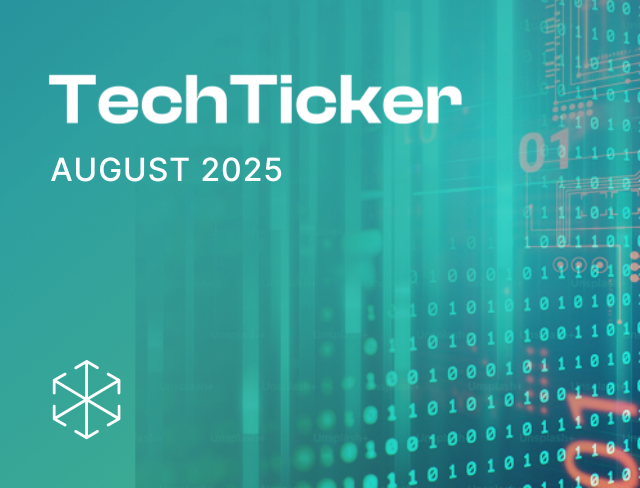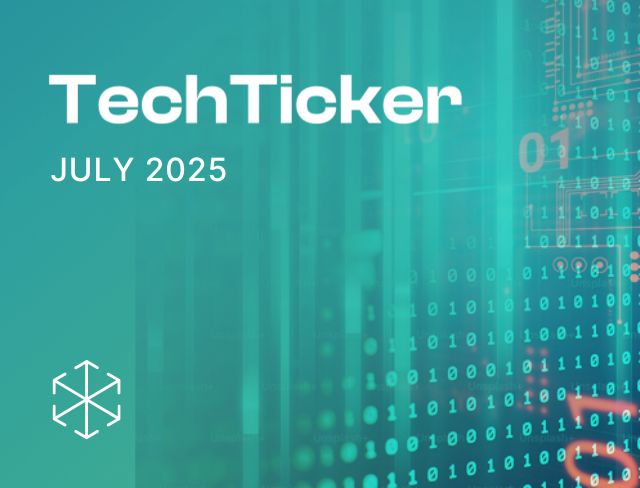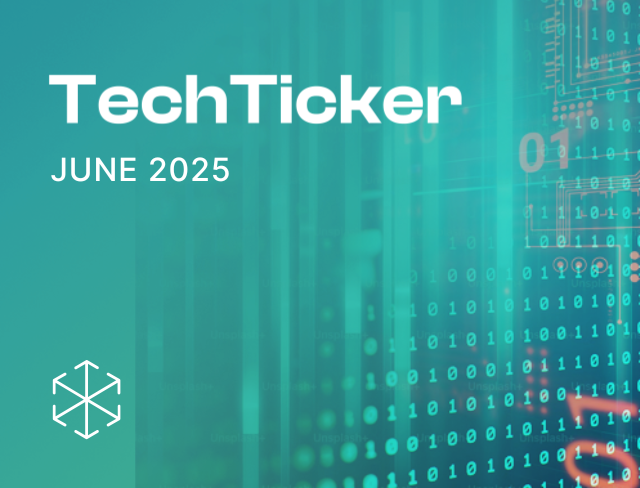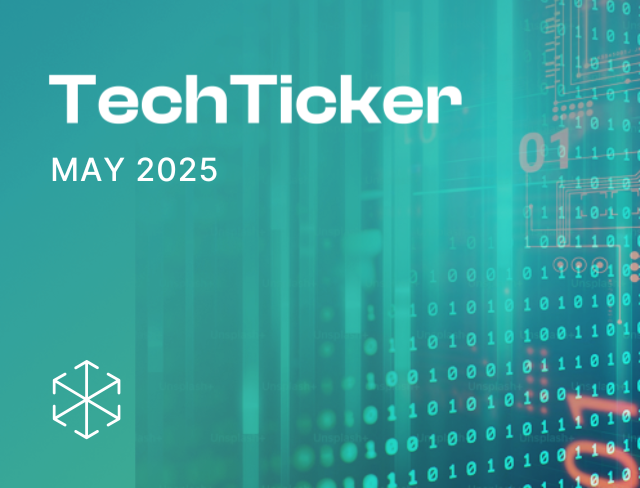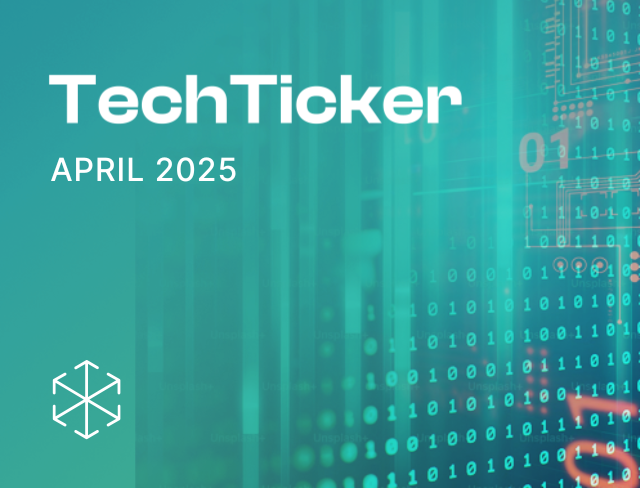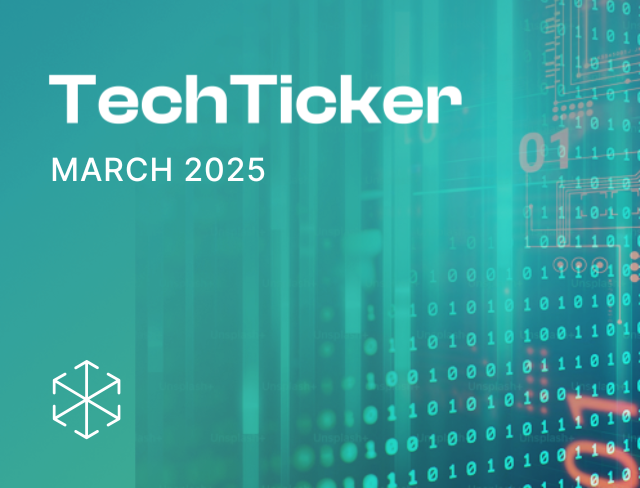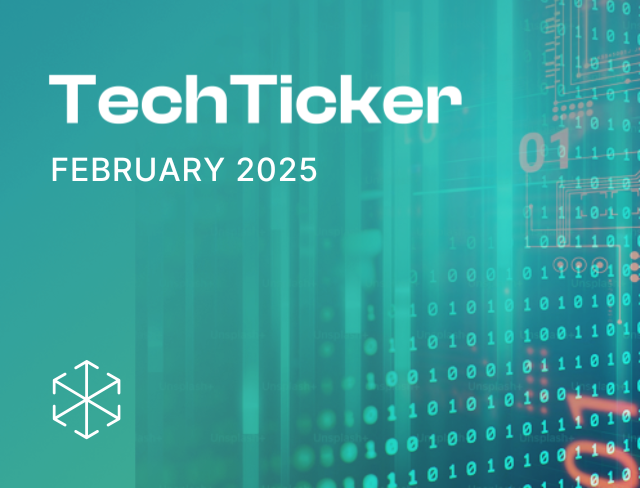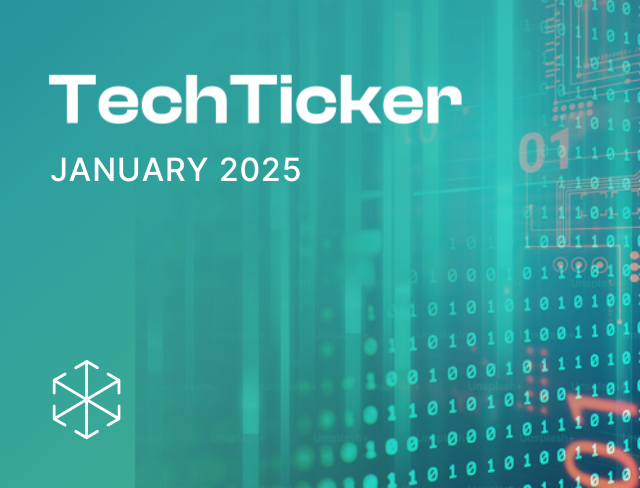Dear colleagues,
This month Ikigai’s Tech Ticker maps government and regulatory movement on data protection, cryptocurrency and electronic vehicles.
Indian Prime minister Narendra Modi voiced his belief that India could become a data science, analytics and storage hub and announced that his government was working tirelessly to create a robust data protection framework. Ministries are awaiting clarity from the PMO on India’s position on data localisation as the government plans to table the Personal Data Protection Bill, 2018 (“PDP Bill”) in the winter session of parliament later this year. Meanwhile, a high-level government panel recommended doing away with the requirement for foreign firms to store a copy of all personal data within India. The TRAI pitched to become the nodal authority for data security, privacy and cybersecurity in India; the MeitY turned this down stating that it envisaged the data protection authority to be a larger and more powerful body. It was reported that the ‘critical’ personal data list envisaged under the PDP Bill would be kept ‘flexible’ and ‘evolving’, raising concerns around regulatory unpredictability and difficulties in compliance. In an exciting development, the TRAI has begun pilot testing public Wi-Fi through its Wireless Access Network Interface.
Here is some other news from the world of tech that caught our eye.
A. Data governance
The Federal Trade Commission of the US asked Facebook to establish an independent privacy committee to “change Facebook’s entire privacy culture to decrease the likelihood of continued violations”. Zuckerberg welcomed the decision claiming that it may inform better regulation. Closer home, the cabinet amended the Aadhaar and Other Laws (Amendment) Bill, 2019 incorporating a clause allowing state governments to use Aadhaar data for state schemes and subsidies.
B. Digital payments
PayPal, Whatsapp and some of their partners confirmed their willingness to comply with RBI’s new data localization norms for payment systems in India. The finance ministry amended rules under the Prevention of Money Laundering Act, 2002 to clarify the different modes through which firms can electronically capture their customers’ data. And, the RBI allowed limited use of Aadhaar based eKYC for opening accounts with entities regulated by it.
C. Trade
Commerce minister Piyush Goyal did not attend the Regional Comprehensive Economic Partnership (“RCEP”) intersessional meeting in Beijing held on 2-3 August 2019 because the Parliamentary session was extended. Reportedly however, this decision was taken to avoid pressure from RCEP countries to conclude negotiations, which do not seem to favour India is concluded in their current form. The commerce ministry recently released a list of stakeholders whom it consulted to understand the industry sentiment before negotiating with the RCEP bloc. India along with nine other countries also pushed for the continuation of special and differential treatment for developing and least developed countries at the World Trade Organisation calling it their non-negotiable right.
D. Emerging technologies
A high-level government panel recommended a ban on cryptocurrencies in India in its report and also submitted the draft Banning of Cryptocurrency and Regulation of Official Digital Currency Bill, 2019. The proposed bill criminalises holding, selling and dealing in cryptocurrencies with up to ten years in prison. Cryptocurrency related businesses are likely to move out of India if the bill is passed in its present form. The panel, however, is open to the idea of launching an official cryptocurrency. The Supreme Court saw some action on the writ petition challenging the April 2018 RBI cryptocurrency circular. Ikigai Law is as acting as legal counsel for some cryptocurrency exchanges which are hurt by the circular. On the flip side, China’s central bank will soon launch its state-controlled cryptocurrency which is expected to support Yuan’s circulation and internationalisation. In other news, Reliance Industry Limited announced its expansion into emerging technologies, and its partnership with Microsoft to provide cloud-based solutions targeted at micro, small and medium enterprises which are speculated to greatly increase the penetration of cloud services in this segment.
E. Electric vehicles (EV)
Transport minister Nitin Gadkari said that though the government encourages the adoption of EVs, it has not set a deadline for automakers to switch to EVs. He also dismissed the NITI Aayog’s recommendation to ban fossil fuel vehicles by 2030. University of Waterloo researchers suggested that an open blockchain platform would allow charging service providers, property owners (of properties on which charging stations are constructed) and EV owners to access data relating to the EV infrastructure transparently, therefore avoiding cost-tampering and overcharging which may lead to quicker adoption of EVs.
F. Digital competition
An opinion piece suggested that India’s Competition Act of 2002 was inadequate to manage the changing business environment in telecommunications, technology, e-commerce and so India’s competition policy must be updated with a focus on free and fair competition and consumer welfare and empowerment of the competition commission to proceed against the government, should it distort competition. Overseas, the US Department of Justice announced that it would investigate leading tech companies including Facebook, Google and Amazon owing to several accusations and growing distrust amongst regulators in several jurisdictions over anti-trust practices. Digital advertisement companies also asked for fairer rules in a market dominated by Google and Facebook citing that the large data sets owned by these players created entry barriers for new players.
That’s all from us for now, see you next month!


